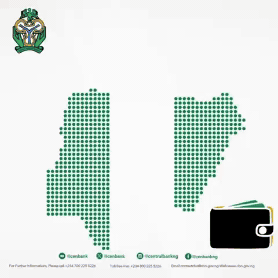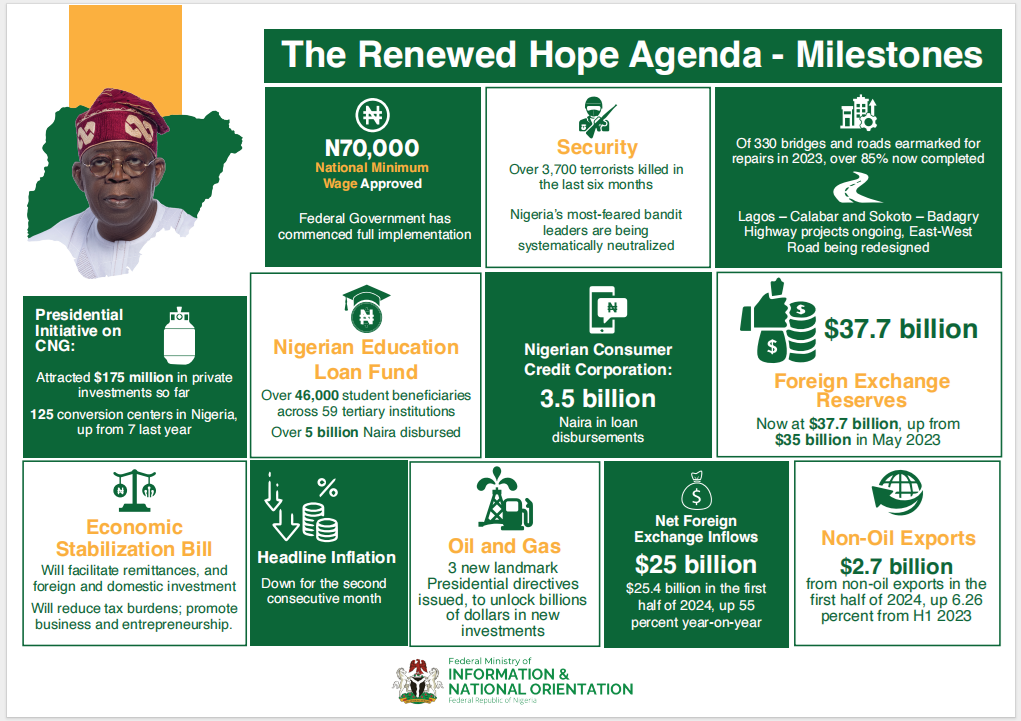Adelabu (center) flanked by the Managing Director/CEO NISO, Engr. A.B.Mohammed (left) and the Managing Director/CEO TCN, Engr. Abdullaziz Sule (right) at the NISO maiden stakeholders engagement in Abuja.
The Federal government has applauded the feat of grid synchronisation test connecting the national electricity grid with the interconnected West African Power Pool (WAPP) system, saying that it demonstrated the current wheeling capacity of the nation’s grid conservatively put at 8,500 MW.
Recalling that the successful synchronisation of the nation’s grid and seamless power transmission to other West African Countries achieved on 8th November 2025, was the first of its kind since the first attempt in 2007, the Minister of power, Adebayo Adelabu flanked by Managing Director/CEO NISO, Engr. A.B.Mohammed and the Managing Director/CEO TCN, Engr. Abdullaziz Sule at the media briefing, affirmed that the feat holds socioeconomic and political opportunities for Nigeria.
The synchronisation exercise, conducted between 05:04 a.m. and 09:04 a.m., on the said day involved the Nigerian grid which includes Niger Republic and parts of Benin and Togo and the rest of West Africa’s interconnected systems covering Ghana, Côte d’Ivoire, Burkina Faso, Liberia, Sierra Leone, Guinea, Senegal, The Gambia, Guinea Bissau, and Mali.
While permanent synchronisation is being anticipated not earlier than mid 2026 depending on the readiness of other member nations of West African Power Pool (WAPP), the Minister of power said: “It reflects enhanced system-monitoring infrastructure, tighter frequency control, harmonised operational procedures across participating National Control Centres, and a new standard of real-time communication and coordination between NISO and the WAPP Information and Coordination Centre.”
The Minister stressed that the impact of this achievement proved that despite the challenges of gas shortages, infrastructure constraints, vandalism, and occasional system disturbances which had adversely affected grid stability in the past, Nigeria has the technical competence, engineering capacity, and institutional discipline required to operate at global standards.
In his words, “This creates opportunities for Nigeria to earn foreign exchange, optimise generation resources, and attract increased private investment. Independent power producers are more willing to invest where stable, regional markets exist beyond the constraints of a single domestic buyer.
“The benefits of synchronisation with other WAPP countries would extend directly to the Nigerian people. A more stable grid improves the performance of essential services such as hospitals, water supply, transport systems, digital infrastructure, and public institutions.
“As ongoing transmission expansion projects including the North-Core line, the Ajegunle 330 kV Substation, the Kaduna–Kano transmission upgrades, and the Gwagwalada–Gurara connection are completed, synchronisation will help deliver more reliable power to homes and industries nationwide.
“Regional integration will enable the country to optimise generation costs, deepen industrialisation, strengthen regulatory oversight, and expand its leadership in the ECOWAS energy landscape.
“It will also support ongoing domestic reforms that allow states to participate in the generation, transmission, and distribution of electricity within a more stable national framework.”

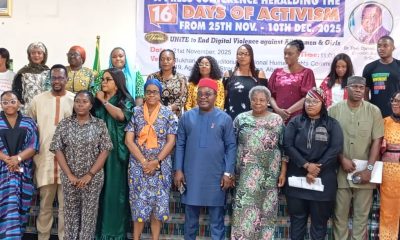
 News6 days ago
News6 days ago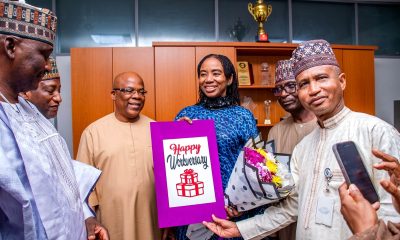
 Business News6 days ago
Business News6 days ago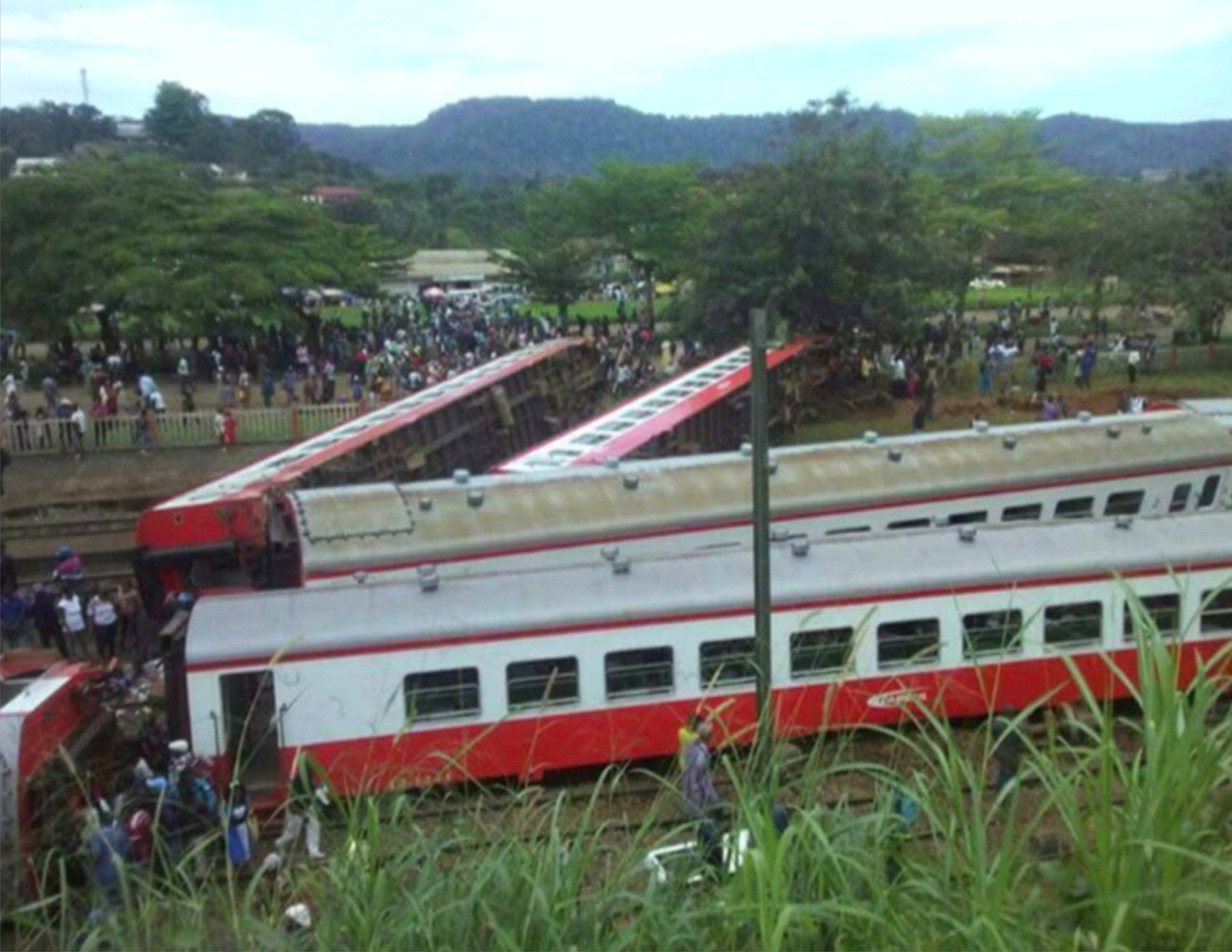
 News2 days ago
News2 days ago



